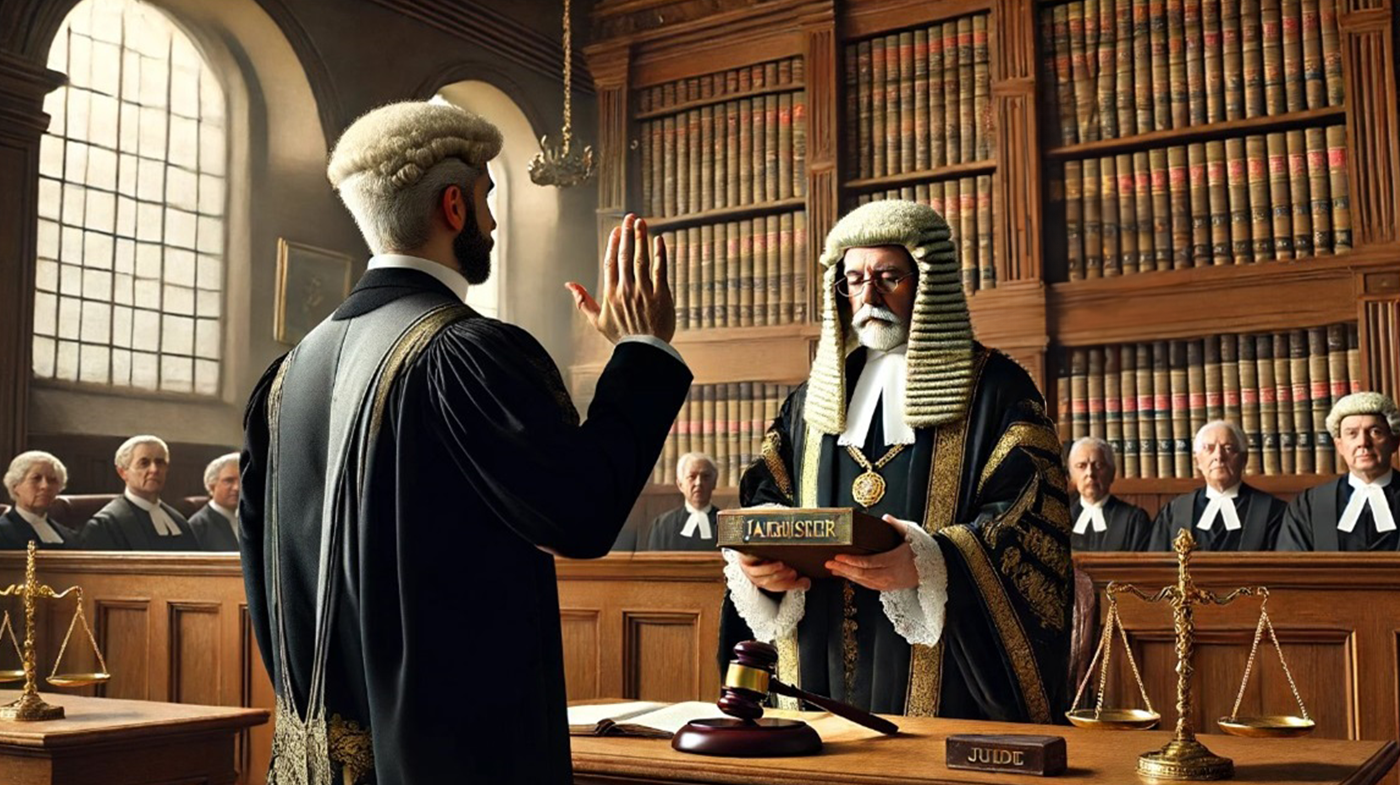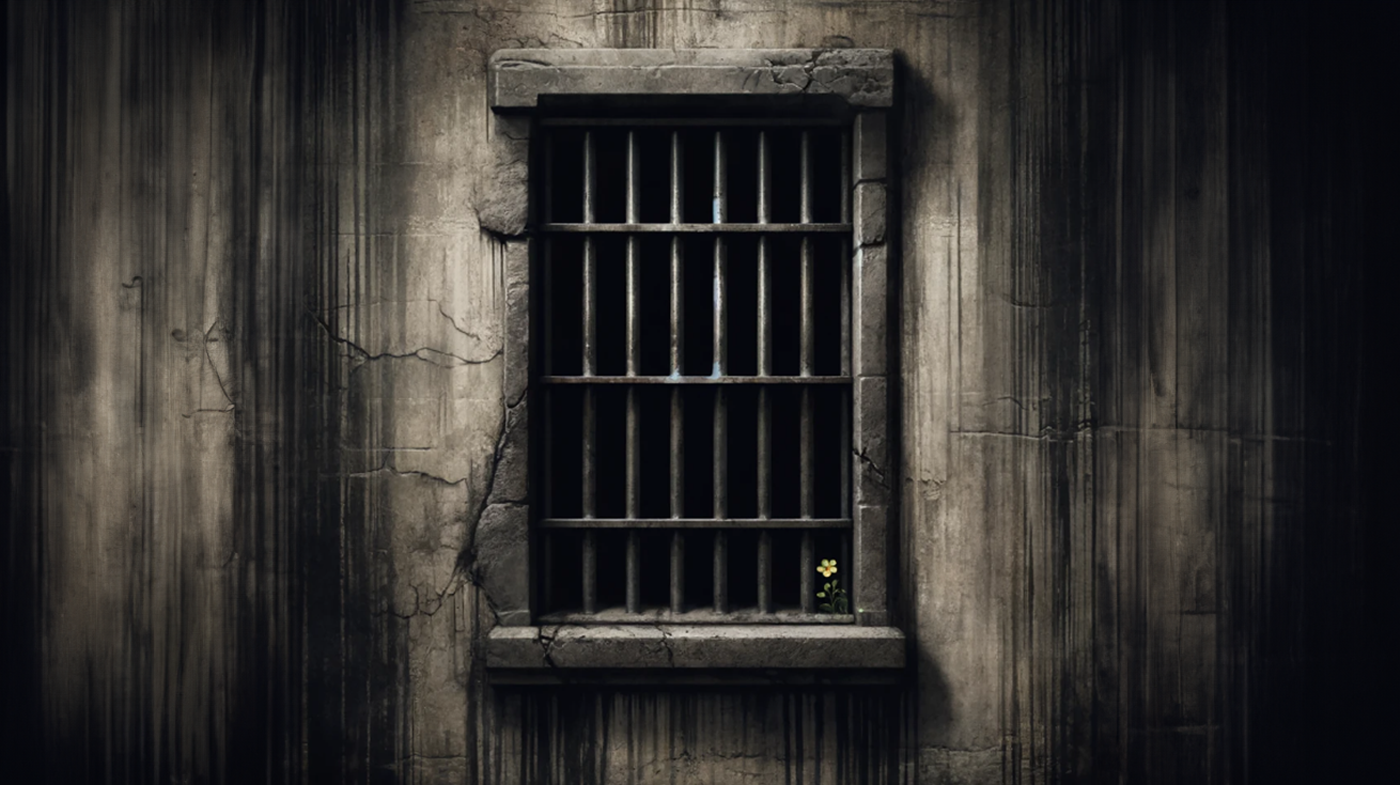An oath is an old human ritual. It is a pledge made publicly to perform some action or duty for the general public or in the public interest, with the implicit promise to do so faithfully, honourably and independently. The Federal Constitution (FC) prescribes oaths for positions of high office in each organ of government.
The Yang di-Pertuan Agong (YDPA) and deputy YDPA take oaths found in the FC’s Fourth Schedule.
A Minister must take an oath of office and allegiance and an oath of secrecy before the YDPA. Both oaths are found in the Sixth Schedule of the FC. A Parliamentary Secretary takes an oath of secrecy before the Prime Minister.
The Speaker of the House of Representatives and the President of the Senate take an oath of office and allegiance. Each Member of Parliament and Senate takes a ‘Parliamentary Allegiance oath’ before the President of the Senate or the Speaker. The oath differs between the two to be appropriate for their roles.
The Chief Justice and all judges below have to take the oath of office and allegiance (as modified for their roles). The CJ takes the oath before the YDPA. The Chief Judge of the High Courts takes the oath before the most senior judge of the High Court. It is the same for the Court of Appeal and the Federal Court. The rule is to take the oath before the most senior judge of that court.
Each member of a Commission established under the FC takes an oath of office and allegiance before a superior court judge.
I ….. having been appointed to the office of [Relevant Court] do solemnly affirm that I will faithfully discharge my judicial duties in that office to the best of my ability, that I will bear true faith and allegiance to Malaysia, and will preserve, protect and defend its Constitution.
Judicial oath taken by all judges except the Chief Justice (which is slightly modified), Sixth Schedule, Item 1 of the Federal Constitution
These oaths are required for holding office. The Constitution mentions them explicitly, which means they are significant. The oaths are intended to remind officeholders of their true allegiance to the nation and the Constitution, not to the officeholder’s political inclinations, personal feelings, religious beliefs, or opinions.
As far as I know, these oaths are only taken once. If they are taken only once, perhaps they should be regularly reaffirmed.
Then there are oaths of professions.
The most famous is the Hippocratic oath for doctors.
Rudyard Kipling fashioned something like it with The Ritual of the Calling of an Engineer in 1922 at the request of Professor Haultain, who represented the Engineering Institute of Canada’s past presidents. It is as follows:
The Obligation, which is not an oath but a solemn expression of intention, is subscribed to at the ceremony. The Obligation essentially states the duties and responsibilities of the engineer. Following the Obligation, the Iron Ring is placed on the little finger of the working hand, and is worn by the engineer as a symbol and a reminder.
Wikipedia, The Ritual of the Calling of an Engineer
For the last few weeks, whenever my friend Amir and I met, we enthusiastically discussed, debated, and explored the topic of an oath for advocates and solicitors. In truth, Amir mooted the idea to me several months back, but I was lukewarm to it then. I thought it was interesting, but it had a crust of antiquatedness. However, his persistence and passion for it eventually lit a spark in me.
The more I read about it, the more I appreciated Amir’s suggestion’s significance and potential importance. It may be old, very old, but it was still solid, solid gold. Given the precedents above, why not? It may seem antiquated and cumbersome. But it is necessary for that precise reason in this hurried and social media age.
We should have an advocate and solicitor’s oath.
Firstly, lawyers, like those required to take oaths as mentioned in the Constitution, serve the general public and the administration of justice in a fiduciary capacity. There is an expected manner and standard for how lawyers conduct themselves, their relationships, and their work: ethically, reasonably, fairly, rationally, and above all, according to law.
We should be regularly reminded of what we serve (the nation, the Constitution, courts and the client) and the standards to meet when we serve. Lawyers must be reminded of their duties in performing their role. These essential matters are easily lost sight of in the pursuit of money, fame and power in the legal profession.
Secondly, it serves as our pledge to society to conduct ourselves in the performance of our office as lawyers. It informs the general public about our societal and professional purpose, values and standards we hold ourselves to. It manifests a bond between all those who take the pledge between them and those who do not.
Thirdly, oaths remind us of the why and relate it to the how. In our present time, too many concern themselves only with technique instead of values, how instead of why, and appearances instead of how it feels. Oaths connect us to the long history of pledging ourselves to a cause greater than us. Oaths remind us that serving society is where the personal meshes with society and provides the material and space to make ourselves whole.
Fourthly, taking an advocate’s and solicitor’s oath in the company of other lawyers is a ritual that can be performed together and has the potential to unite lawyers professionally. The oath gives direction and form to the profession’s highest ideals. It unites us all with a shared pledge. Making our professional duties and standards primary leaves little room for divisive attitudes like racism, religious chauvinism, and other isms to distract us.
Our discussions no longer linger on whether we should have an oath for advocates and solicitors; that’s a given. The discussions now revolve around the oath itself: what should be in, when it should be taken, who it should be taken by, what it should encompass, whether there should be a long or short version, etc. That and working on a draft oath. It is good fun to think about and work on.
The draft Amir and I worked on was long, vivid, and dramatic. It alluded to lips, heavens, and death. It would probably take three minutes to declare. Plus, it is not easy to memorise. I experimented with the Judge’s oath as a base and infused it with the essentials of the Legal Profession (Practice and Etiquette) Rules 1978 (LPR78), but that failed. It was challenging to get under a minute and feel complete about it.
I eventually settled on reworking the Judge’s oath into one for Malaysian lawyers, keeping it as short as possible. But even then, it comes up to approximately twenty-three seconds. I also tried to keep it legally androgynous, i.e., no hint of litigation or corporate/conveyancing slant. Shortness is essential. It makes it easy to remember and affirm regularly.
I ….. , an advocate and solicitor of the High Court of Malaya, solemnly affirm that I shall faithfully discharge my duties as an advocate and solicitor to the best of my ability, according to my professional ethics and the law, in a respectful, candid and sincere manner, and I pledge to preserve, protect and defend the Malaysian Bar, the Public Interest, the Rule of Law and the Federal Constitution.
Draft Advocate & Solicitor Oath | Your feedback is welcome
When should an advocate and solicitor’s oath be affirmed?
It should be their first act as advocates and solicitors freshly called to the Bar. The oath should be affirmed before the judge who admitted them after the end of the judge’s traditional after-call speech to the new lawyers. I imagine them raising their right hand and speaking the oath in unison, their diverse voices merging into a thick, rich and rhythmic voice.
Those who did not have an opportunity to do so at their call (like me) can do so at a Malaysian Bar or State Bar Committee Annual or Extraordinary General Meeting. All lawyers in the room or online would affirm the oath before the meeting is called to order. It is quick and should not take more than twenty-three seconds. It is also hoped to create a robust and respectful discussion environment.
The more I think about it, I cannot help but feel that taking the advocate and solicitor’s oath together is one of those small but significant things that would contribute to keeping a fraternity cohesive. Perhaps it’s time to consider an advocate and solicitor’s oath.
Related Posts
- The difference between a submission and an executive summary
The second question posed to me by a new practitioner that wrote to me about…
- Lawyers and 'Lawyers' | From the Atelier
I saw Delia Razak's profile on Instagram and liked her style of art. I looked…
- Branding and Reputation | From the Atelier
I commissioned Emily Wee for this piece. I did a short write-up about Emily here…
- Hasan Ali and Me | Part 3 | From the Atelier
This is the third instalment of this series by Iman. You can see his first…
- Hasan Ali and Me | Part 2 | From the Atelier
This is another commissioned piece by Nuriman Manap (Iman). You can check out my write-up…







1 thought on “An Advocate and Solicitor’s Oath”
Singapore makes them do this: I, A.B., do solemnly and sincerely declare (and swear) that I will truly and honestly conduct myself in the practice of an advocate and solicitor according to the best of my knowledge and ability and according to law. (See 1st Schedule, Legal Profession (Admission) Rules 2011): https://sso.agc.gov.sg/SL/LPA1966-S244-2011?DocDate=20150318&ProvIds=Sc1-#Sc1-